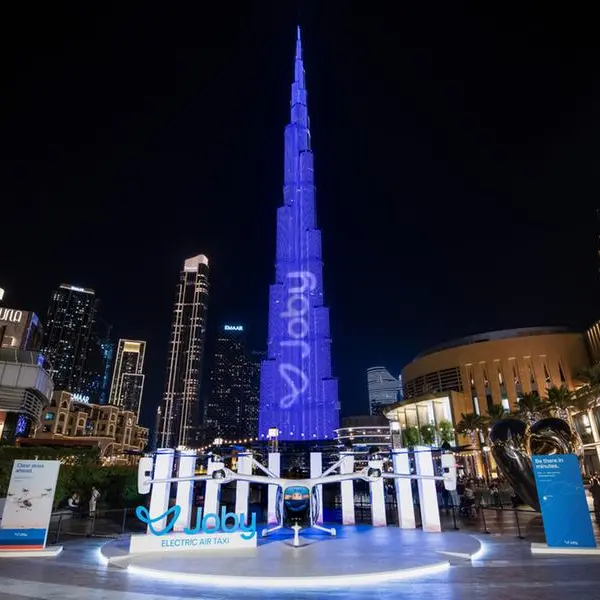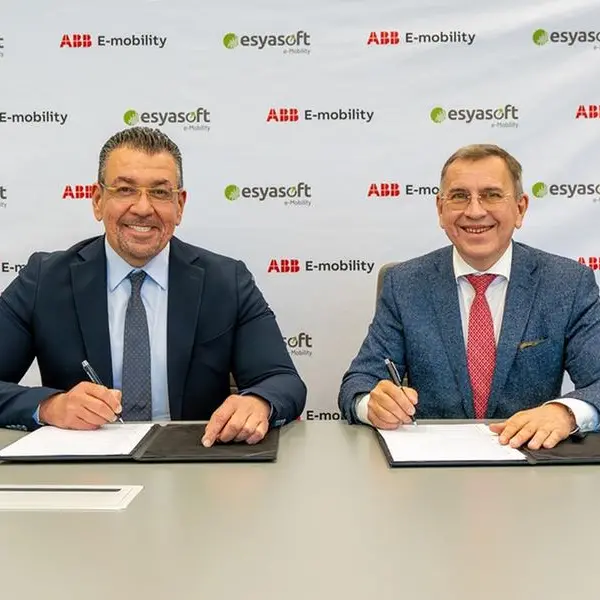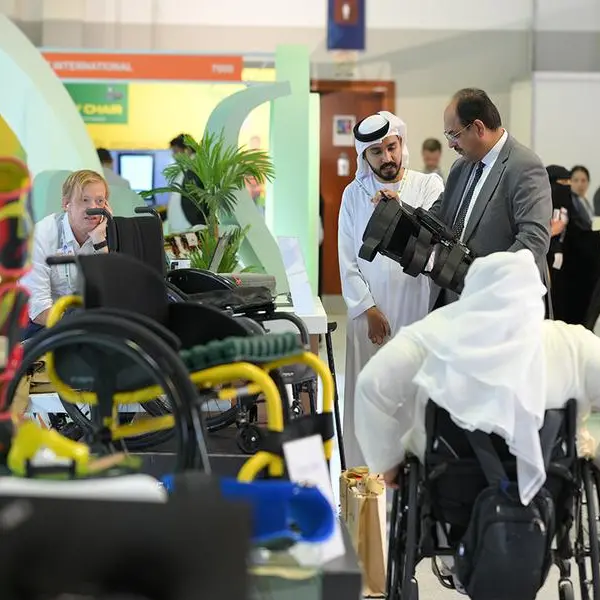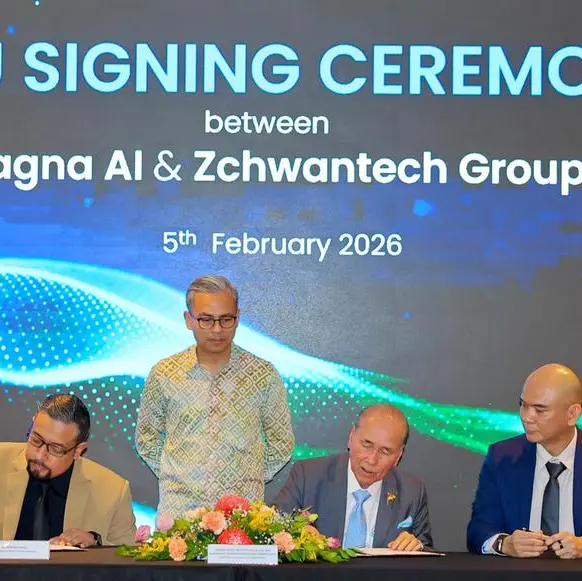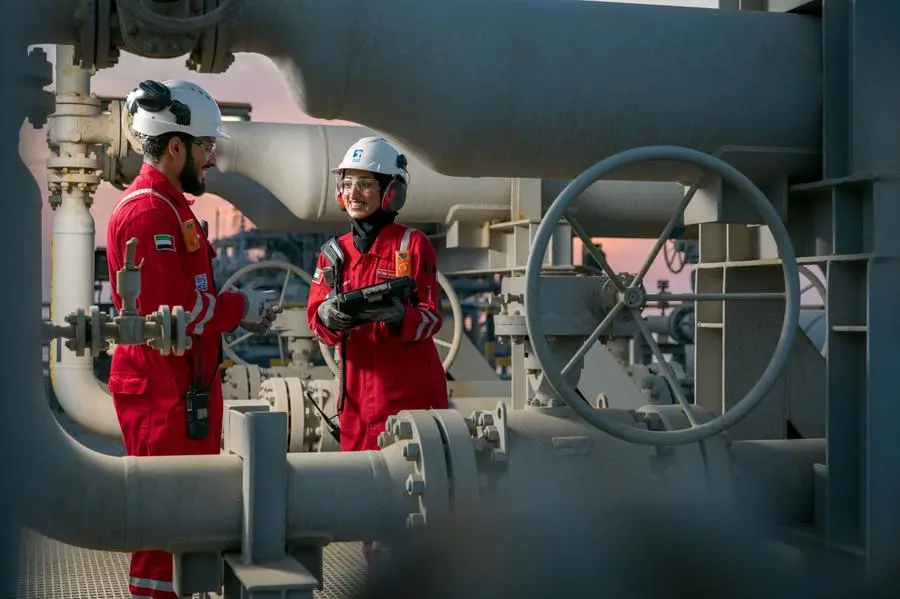PHOTO
- The 7th annual Looking Further with Ford Trends Report reveals how trends are influencing behavioural change across key areas of our lives
- Surveys show that the ever-changing technology landscape is affecting people in different ways
- Ford focuses on global trends to understand how consumers are changing and how companies must respond
DUBAI, UAE – Self-driving cars are a hot topic today, but if you had to choose would you rather your children ride in an autonomous vehicle or drive with a stranger? You may be surprised to learn that 67 per cent of adults would opt for the self-driving car.
That insight is one of many revealed in the 2019 Looking Further with Ford Trends Report. The report takes a deep look into the drivers of behavioural change, specifically uncovering the dynamic relationships consumers have with the shifting landscape of technology.
Change is not always easy – particularly when it is driven by forces outside of our control. In a global survey of 14 countries, including Saudi Arabia and the United Arab Emirates, Ford’s research revealed that 87 per cent of adults believe technology is the biggest driver of change. And while 79 per cent of adults maintain that technology is a force for good, there are large segments of the population that have significant concerns. Some are afraid of artificial intelligence. Others fear the impact of technology on our emotional wellbeing.
“Individually and collectively, these behavioural changes can take us from feeling helpless to feeling empowered and unleash a world of wonder, hope and progress,” said Sheryl Connelly, Ford global consumer trends and futuring manager. “At Ford we are deeply focused on human-centric design and are committed to finding mobility solutions that help improve the lives of consumers and their communities. In the context of change, we have to protect what we consider most valuable – having a trusted relationship with our customers. So we are always deliberate and thoughtful about how we navigate change.”
Here are a few key insights from Ford’s 7th annual Trends Report:
- Almost half of people around the world believe that fear drives change and 7 in 10 say that they are energised by change
- 87 per cent agree that technology is the biggest driver of today’s change and almost 8 in 10 citizens believe that technology is a force for good
- 45 per cent of adults globally reported that they envy people who can disconnect from their devices
- 7 out of 10 consumers agreed that we should have a mandatory timeout from our devices
Ford’s Trend Report serves as a blueprint for understanding how key patterns of consumer behaviour around the globe are expected to influence consumers and corporations in 2019 and beyond.
Here are the 7 Trends for 2019:
- The Tech Divide – Technology has a profound impact on how we connect with and see the world – more than ever before. Yet, there’s an underlying tension between those who have access and believe it’s a force for good and those who don’t have access. At Ford, technology is used to make mobility smarter, safer and more convenient for people around the world. The company is deliberate about the technology used, and educating consumers on how to use technology smartly, thoughtfully and in ways that add value to their lives. In some cities, the company leverages the work of the City Solutions team which helps residents move more freely.
- Digital Detox – Despite being tethered to our devices, trends show that many are increasingly aware of – and alarmed by – their device dependency and seeking ways to hold themselves accountable for the time they spend online. Ford has studied the effects of high-performance race-car driving on the brain. The company is applying data uncovered in its research of these “buzz moments” — the thrills that play a vital role in overall wellness — to better understand how to improve drivers’ experience and mindset behind the wheel.
- Reclaiming Control – In a world where control feels so out of grasp for many, consumers are looking for ways to reclaim agency over their lives where self-improvement is paramount. As part of Ford’s human-centered design process, empathy research is conducted to understand people’s needs and habits – including university professors, tri-athletes, and everyday layman. The company uses this research to develop tools and vehicles, such as Ford Co-Pilot 360™, which are designed to help consumers feel more in control and less stressed when on the road.
- Many Faces of Me – With social media playing such a large part in consumers’ lives, today many portray various personas – from who they are in real life to how they depict themselves online, which ultimately impacts what they buy, wear and drive, as well as their technology choices. Ford understands that a vehicle is a reflection of a driver’s sense of self and as such, the vehicles are designed to speak to an individual’s needs while reinforcing and projecting who they are. The all-new 2019 Ford Ranger gives drivers the maneuverability of a mid-size truck to commute to work in the city and also the ruggedness and capability to explore their adventurous side on the weekend.
- Life’s Work – How we perceive work has changed with many global citizens now working to live, not living to work. Companies are responding in kind: with benefits, sabbaticals and extended leave being offered, as well as opportunities for mental enrichment and more. Ford believes that talent is strengthened when people are encouraged to experience the world around them and give back to the community. The company’s 30 under 30 program allows young employees to take paid time away from their jobs to learn about philanthropic organisations and strategise ways to connect them to future donors and volunteers, helping them to make an impact on their communities.
- Eco-Momentum – While changing lifelong habits can be hard, consumers overwhelmingly agree that environmental progress will depend on changes in human behaviour and many look for guidance on how and where to improve their environmental footprint. Sustainable practices are critical to the health of the environment and to Ford’s success. We’re also focused on reducing emissions from our vehicles by doing our share to deliver on CO2 reductions consistent with the Paris Climate Accord. We already charted our course for the future to invest in 16 fully electric vehicles within a global portfolio of 40 electrified vehicles through 2022.
- Easy Street – The mobility journey isn’t as simple as going from point A to B, it’s about what we do with our time along the way. Americans spend more time in their cars than they receive vacation time so the ability to get things done while on the road could change the commute experience as we know it. Ford believes that self-driving vehicles will reduce society’s pain points and expand access to transportation and goods delivery. The company is working with companies to understand how goods delivery through the use of self-driving vehicles can be improved. An example of this is a pilot program Ford is conducting with Walmart and Postmates, exploring how self-driving vehicles can complement Walmart’s home delivery offerings.
For the full Looking Further with Ford 2019 Trends Report, please visit www.fordtrends.com.
-Ends-
About Ford Motor Company
Ford Motor Company is a global company based in Dearborn, Michigan. The company designs, manufactures, markets and services a full line of Ford cars, trucks, SUVs, electrified vehicles and Lincoln luxury vehicles, provides financial services through Ford Motor Credit Company and is pursuing leadership positions in electrification, autonomous vehicles and mobility solutions. Ford employs approximately 200,000 people worldwide. For more information regarding Ford, its products and Ford Motor Credit Company, please visit www.corporate.ford.com.
Ford’s history in the Middle East goes back more than 60 years. The company’s local importer-dealers operate more than 155 facilities in the region and directly employ more than 7,000 people, the majority of whom are Arab Nationals. For more information on Ford Middle East, please visit www.me.ford.com.
Ford Middle East is also a responsible corporate citizen with currently three CSR initiatives running in the region including the Ford Motor Company Conservation & Environmental Grants, Ford Warriors in Pink® breast cancer awareness campaign and Ford Driving Skills for Life safe driving awareness programme for young drivers and teens.
Contacts:
Sue Nigoghossian
MENA Communications
Ford Middle East & Africa
Rasha Ghanem
ASDA’A Burson-Marsteller
971-4-4507600
971-4-356-6368
rasha.ghanem@bm.com
snigogho@ford.com
© Press Release 2018Disclaimer: The contents of this press release was provided from an external third party provider. This website is not responsible for, and does not control, such external content. This content is provided on an “as is” and “as available” basis and has not been edited in any way. Neither this website nor our affiliates guarantee the accuracy of or endorse the views or opinions expressed in this press release.
The press release is provided for informational purposes only. The content does not provide tax, legal or investment advice or opinion regarding the suitability, value or profitability of any particular security, portfolio or investment strategy. Neither this website nor our affiliates shall be liable for any errors or inaccuracies in the content, or for any actions taken by you in reliance thereon. You expressly agree that your use of the information within this article is at your sole risk.
To the fullest extent permitted by applicable law, this website, its parent company, its subsidiaries, its affiliates and the respective shareholders, directors, officers, employees, agents, advertisers, content providers and licensors will not be liable (jointly or severally) to you for any direct, indirect, consequential, special, incidental, punitive or exemplary damages, including without limitation, lost profits, lost savings and lost revenues, whether in negligence, tort, contract or any other theory of liability, even if the parties have been advised of the possibility or could have foreseen any such damages.

